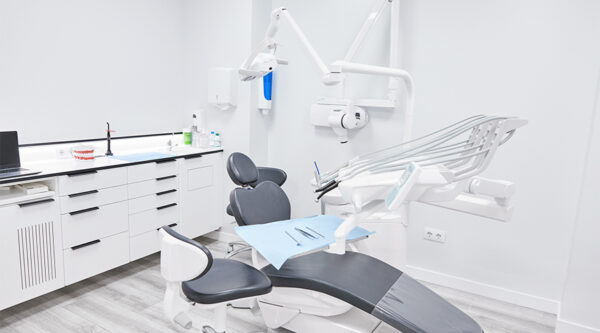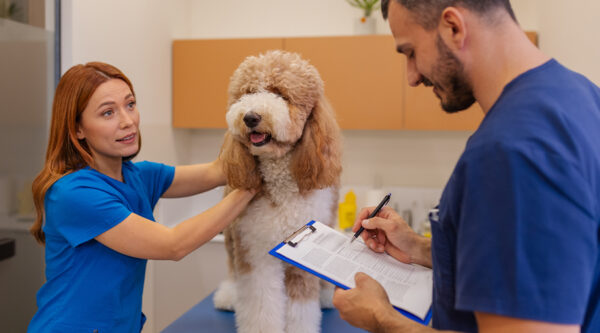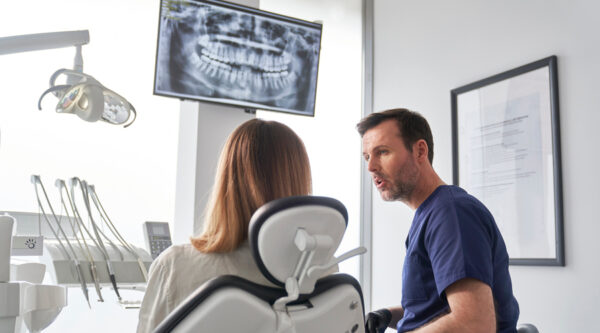

Within the recent case of Tubb & Anor v Rosmellyn Surgery [2025] EWCC 23, the County Court confirmed that those with a claim for probate are entitled to a deceased’s medical records.
The facts
The deceased died in 2023 and had three daughters. The deceased made three wills in her lifetime, and the third will, made in 2023, named only one daughter as executor and that same daughter was to inherit absolutely. The previous two wills had named all three daughters as executors and stipulated they would inherit the deceased’s estate equally.
The deceased’s other two daughters questioned the deceased’s testamentary capacity and/or whether there was undue influence and requested the deceased’s medical records from the hospital and GP surgery under section 3(1)(f) of the Access to Health Records Act 1990 (“AHA”). In writing to the hospital and GP surgery, the solicitors for the two daughters confirmed they were “investigating the possibility of a claim against the deceased’s estate”.
The hospital provided the records on request but the GP surgery declined, stating they would only release the records on receipt of consent from the deceased’s personal representative or a court order providing their release. The daughters (“Claimants”) therefore sought an order pursuant to section 8 of the AHA from the Court for release of the medical records from the GP surgery (“Defendant”).
The Access to Health Records Act
Section 3(1)(f) of the AHA states that “An application for access to a health record, or to any part of a health record, may be made to the holder of the record by any of the following, namely… (f) where the patient has died, the patient’s personal representative and any person who may have a claim arising out of the patient’s death”.
During the hearing, counsel for the Claimants argued that section 3(1)(f) was unambiguous as a probate claim can only arise ‘out of the death’ of the deceased as it cannot be brought within the testator’s lifetime. Meanwhile, counsel for the Defendant argued the Claimants did not fall within the scope of section 3(1)(f) as this section should be strictly limited to claims by dependants under the Fatal Accidents Act 1976 and that a probate claim does not amount to a ‘claim arising out of the patient’s death’ but out of events in a testator’s lifetime.
The judge’s decision
District Judge Field held that the Claimant’s proposed probate claim arose from the death of the deceased within the meaning of section 3(1)(f) of the AHA as the ‘deceased’s death is a necessary ingredient to the probate claim’. DJ Field was therefore satisfied the Claimants were entitled to the deceased’s medical records held by the Defendant and an order was made by the Court under section 8 of the AHA to this effect.
Key takeaways from Tubb & Anor v Rosmellyn Surgery [2025] EWCC 23
As evident from the above-stated decision, the scope of persons able to receive a deceased’s medical records has widened to include those with a claim for probate. As alluded to above, this is in addition to the deceased’s personal representative, those having another claim arising out of the patient’s death, a medical examiner, and those falling within the meaning of the Adults with Incapacity (Scotland) Act 2000 in connection with a patient who is incapable. Healthcare professionals and care providers alike should therefore be aware and take note of this decision to ensure they do not refuse a request for records where a similar request is made. Given the potential minefield concerning requests for records, legal advice should be obtained at the first available opportunity to ensure medical records are provided on the correct legal basis and not unreasonably withheld.










